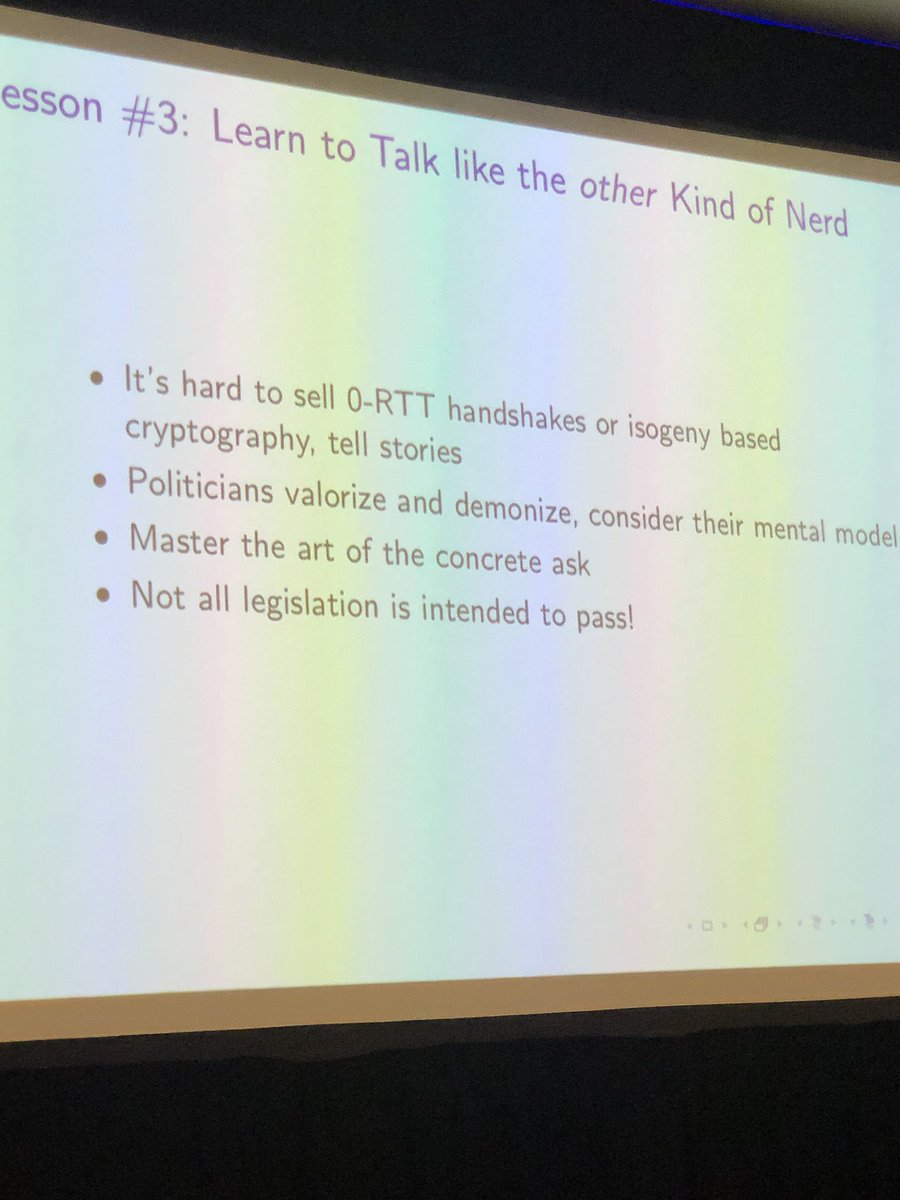
Paper:
eprint.iacr.org/2018/163.pdf
IETF draft:
tools.ietf.org/html/draft-kra…
#RealWorldCrypto

Get real-time email alerts when new unrolls are available from this author!
Twitter may remove this content at anytime, convert it as a PDF, save and print for later use!

1) Follow Thread Reader App on Twitter so you can easily mention us!
2) Go to a Twitter thread (series of Tweets by the same owner) and mention us with a keyword "unroll"
@threadreaderapp unroll
You can practice here first or read more on our help page!









